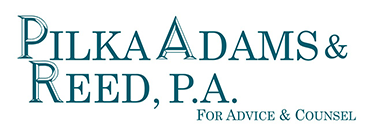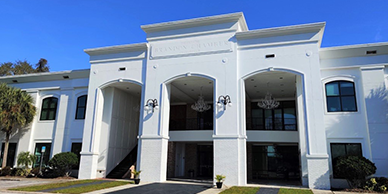Buyers may consider various factors when deciding which properties to purchase. Sometimes, their purchases serve as real estate investments, which can grow based on whether the property value increases over time. Different elements can contribute to this amount, including how the homeowners’ association (HOA) manages the neighborhood or community. Unfortunately, there is no one way to determine the extent of an HOA’s influence over property values within its management. However, some studies have determined the effects often left by different HOA decisions and services.
HOA restrictions and regulations
HOAs have many duties, including establishing rules that can restrict members of the community. While it might not directly impact property values, it can help address potentially harmful behavior or misconduct. If done efficiently, these regulations can effectively protect residents and properties alike. Safety and security can become a significant consideration for property buyers, making the location desirable to live or invest in.
Services that provide and preserve
Aside from creating and implementing rules, HOAs are usually responsible for providing services to members. Maintaining these provisions and preserving the facilities necessary for these features are often part of the HOA’s duties. Members can benefit exclusively from these services, potentially boosting property values. Still, this may only happen based on the HOA’s performance and management style.
Knowing how to address HOA-related legal issues
Since HOAs also deal with disputes and conflicts that can have legal implications, they should equip themselves with adequate knowledge and insight. These issues can become severe and complex, requiring experienced legal counsel. By seeking legal advice, HOAs can learn about the most appropriate ways to address these matters and protect the community’s best interests.

